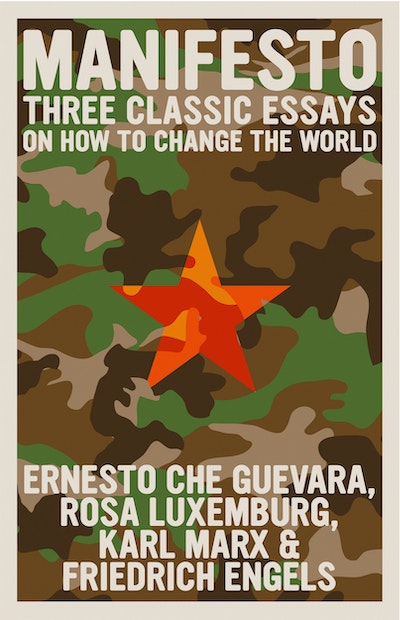[]
- Published: 12 September 2023
- ISBN: 9781644212806
- Imprint: Seven Stories Press
- Format: Paperback
- Pages: 176
- RRP: $29.99
Manifesto
Three Classic Essays on How to Change the World
Formats & editions
Buy from…
- Published: 12 September 2023
- ISBN: 9781644212806
- Imprint: Seven Stories Press
- Format: Paperback
- Pages: 176
- RRP: $29.99
“If you are curious and open to the life around you, if you are troubled as to why, how and by whom political power is held and used, if you sense there must be good intellectual reasons for your unease, if your curiosity and openness drive you toward wishing to act with others, to ‘do something,’ you already have much in common with the writers of the three essays in this book.” —Adrienne Rich from the preface


